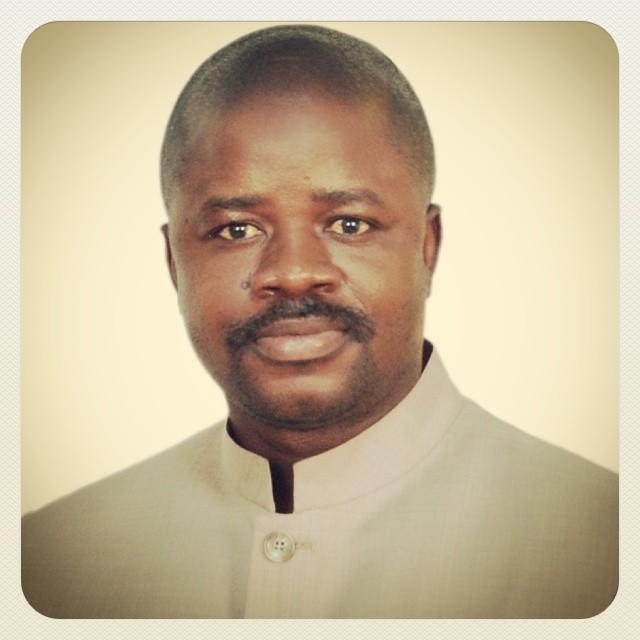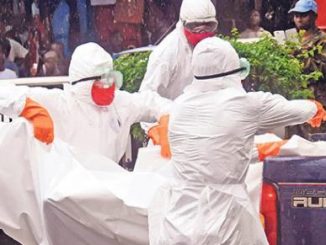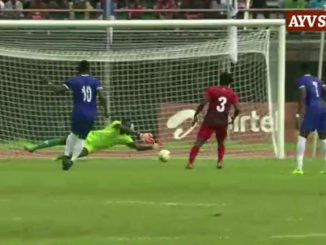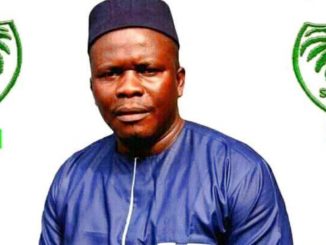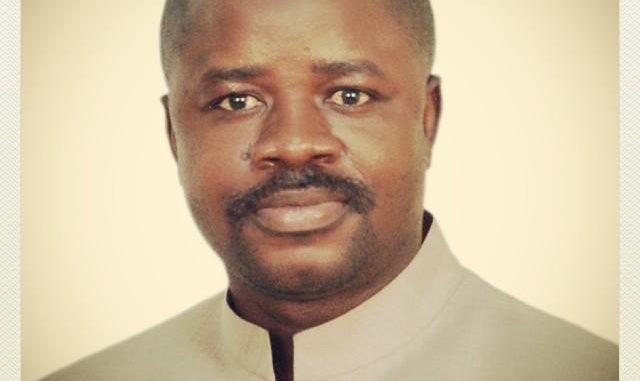
Whatever has a beginning has an end. For a decade, Sierra Leone experienced one of the most horrendous of civil wars in the sub region. It ultimate end came with the question of how to tackle the post war effects like; a fractured and weak economy, conked out infrastructure, a corrupted society, a nation traumatized; and a diluted social fabric, amongst others.
Solutions then included setting up of post war Disarmament, Demobilization and Reintegration projects, and the construction of institutions helpful in our post war reconstruction and development efforts. That was how, with the cohesive efforts and supports by Sierra Leoneans institutions like the National Revenue Authority; the National Social Security and Insurance Trust, the Independent Media Commission, the Anti Corruption Commission and a host of others came up. Arguably, these institutions were to serve as a platform to prevent the reoccurrence of factors which led to the civil war. In fact our DDR program soon became a reference point in handling post war issues in the region and beyond.
Lessons there must be, for us to learn from such a success story in addressing our immediate post war challenges, now that we are gradually getting to ground zero with Ebola.(I am optimistic ) Figures from the National Ebola Response Centre (NERC) are indicative of hope, though amidst trauma and grief over the death of loved ones. The country recorded 24 new cases on the 7th of January. This is encouraging given the number of infectious cases we used to have weeks back. Clearly, President Ernest Bai Koroma is doing all within his strength to get this disease tackled. As a people, we are also using the totality of our strength as we have seen doctors, nurses; burial teams call centre operatives, and the citizenry as a whole, working unremittingly towards the same goal.
In the process, the Government has tried to be open and transparent as possible in the handling of figures and supports coming in the form of monetary donations. Civil society and the media have been actively engaged in the process of ensuring openness and the President, in my view, has been exceptional in that direction. He himself has always frowned at those wanting to exploit the situation. However, we still have not reached the desire aim but we soon will get there.
We should not lose sight of the post Ebola effects in the coming months. Our economy has been affected; our country stigmatized; tourism adversely affected with tourists not visiting now; our drive to prosperity hampered; human resource development in a standstill, with schools and colleges closed, though with plans to get them reopened. Addressing the effects of such challenges demands the collective involvement of all Sierra Leonean.
Resurrecting our economy as well as addressing the need to reform the country’s health sector is as paramount, as our desire to continue with those development projects we were working on, prior to the Ebola outbreak. With the health ministry having got a lot of resources which came in during this trying moment, we may possibly consider bringing in, or encouraging established international healthcare organizations to help build specialized private referral health facilities that should supplement the existing Government hospitals. The treatment centers, established and now being used to fight the virus could be given a face light and solid health foundations built out of them thus, further ensuring a strong health system. Specialized trainings for health workers cannot also be left out. We may also wish to work with our development partners and nations like the PR China who could offer more scholarship opportunities to deserving health professionals to further their studies in specialized areas. This will eventually help upgrade our health sector. I will suggest the health ministry to fully engage China and other countries for further trainings.
By the time the virus is defeated, the country will have major challenges in our economy. Inasmuch as incentive bailouts are often considered by our development funding partners, we may also, want to see how we dig into our investment opportunities by attracting more foreign direct investments. This is a huge test but one that can be handled stupendously. Making the country marketable is one of several ways of attracting more foreign investments. I recently wrote about the unexploited nature of our tourism sector. Major touristic activities will help address the challenge of stigmatization and in revenue generation and mobilization. Sierra Leone should now effectively utilize her potentials in our virgin tourism sector. The Sierra Leone Tourist Board should rise to the challenge.
Promoting trade should also be looked into, in the coming years. Sierra Leone has a large scale of informal trading activities. Transforming them into formal operations could be paramount as well as doing all we could to make certain proper and effective legal guarantees for partnerships and dual ventures. Also indigenous participation in the operations of our industries should be continuously encouraged. By so doing, the problem of unemployment will be sorted, thus engaging the mindsets of the country’s youthful population. The President recently called for the de-stigmatization of the affected countries. This is an excellent call. Internally, this can be done by encouraging more foreign investors, marketing our potentials and thus having more flights in and out of the country. But most importantly, the media can help play a crucial role of telling the other side of Sierra Leone and this includes the global media, too. By successfully resettling Ebola survivors to their communities and accepting them is part of the de-stigmatization process.
Let me end by thanking the President, NERC and all those working hard, like Doctors, Nurses and hospital workers, to get this virus behind us. We shall overcome and continue with our development agenda as a country.

